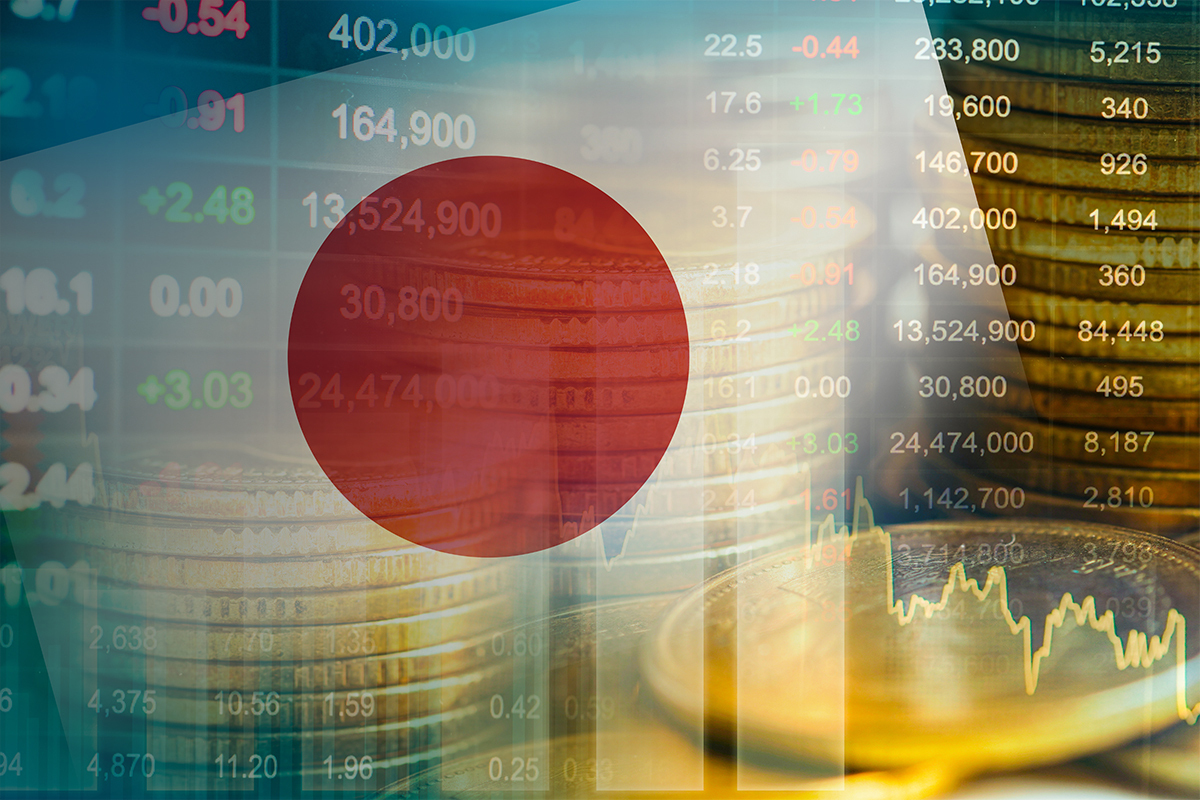A virtuous cycle between wages and prices
Japan’s economy is likely to remain on a moderate recovery path, according to Kyohei Morita, Chief Japan Economist at Nomura.
Moderate recovery may continue until 2025, with risks of slower growth towards the second half of 2024. Inflation is also expected to decline toward 2024, driven mainly by food prices, Morita said, speaking at Nomura Investment Forum 2023 in Tokyo on November 28.
As Japan is a net importer of food, its inflation has largely been driven up by overseas factors such as food prices and foreign exchange rates. Meanwhile, Bank of Japan’s view is that inflation should originate from within the country. That can be achieved through creating a virtuous cycle between wages and prices through an alignment of companies raising prices and increasing capital expenditure, resulting in wage negotiations, higher salaries and growth in real wages and private consumption.
Sustainable and stable inflation would require around 3% per-capita wage growth. Current per capita wage growth year-on-year has been below 2%, which is not strong enough to achieve Bank of Japan’s stable 2% inflation target in a sustainable manner.
As such, Nomura’s baseline view is that the yield curve control and negative interest rate policy won’t be scrapped until April 2024 and Q3 of 2024, respectively. The central bank’s policy path will depend largely on the success of the virtuous cycle between wages and prices.
Waking up from a three-decade slumber
After three decades, Japan’s economy is set to wake up via two structural changes: demographics and market pressures.
A declining population resulting from low birthrates and an aging society has caused a sharp decline in the working population, reduced scope for women and the elderly to re-enter the workforce, and increased pressure on business succession. On the flip side, these can put upward pressure on wages and make the labor force more mobile. Data suggest that more working professionals are switching jobs, which will result in higher labor productivity and more sustainable wage growth.
Market pressures have also emerged this year that could prompt more efficient use of capital by Japanese companies. The Tokyo Stock Exchange has asked companies whose shares trade below book value to formulate plans to improve their performance. Reduced cross-shareholdings by banks, insurers and other companies in each other have improved corporate governance at Japanese corporations. The expansion of the Nippon Individual Savings Account initiative this year to encourage households to shift assets from savings to investments, has also benefited the Japanese economy.
Japanese yen weakness to correct into 2024
In 2023, the Japanese yen continued to trade weaker against other major currencies. Through most of the year, it continued to depreciate against the US dollar, mirroring 2022.
However, there have been some notable differences between USD/JPY price action in 2023 from 2022, said Yujiro Goto, Head of FX Strategy, Japan. Japan’s current account balance has turned positive due to a decrease in its trade deficit and a recovery in inbound tourism. This in turn has reduced depreciation pressures. The Bank of Japan’s caution towards potential policy adjustments has also suppressed yen depreciation somewhat. Besides, the main factors behind yen weakness have been a robust US economy and the demand for selling the yen for carry trades.
The yen may have been at its weakest in 2023, and may strengthen into 2024, according to Nomura analysis. The downward pressure on the currency caused by Japan’s trade deficit and a dovish BOJ have already peaked this year. A rapid normalization of policy by BOJ could make the yen stronger against the US dollar. Likely US economic weakness in the second half of 2024 could also strengthen the yen. But if the US economy becomes healthier afterwards, a slightly weaker yen could present a dip-buying opportunity for investors.
Margin-led earnings growth to drive stock rally
Japanese equities have had a strong showing in 2023 driven by three factors: the Japanese economy moving away from deflation, improvements in corporate governance, and Japan’s appeal as a target for investment diversification within Asia. This basic situation is unlikely to change in 2024, said Yunosuke Ikeda, Chief Equity Strategist, Japan.
There is currently a yawning gap between the peak in import prices and ongoing rise in domestic corporate goods prices in Japan, Ikeda said. In the past, Japanese businesses were hesitant to increase prices for fear of inconveniencing customers. But following the pandemic and the ongoing geopolitical conflicts, they’ve lost the psychological resistance to increase prices. The wage hike in spring showed consumers the economic benefits, allowing businesses to raise prices too.
Looking into 2024, there are several sectors in Japan that are strategically positioned to benefit.
In exports, the semiconductor production equipment sector will benefit from the bottoming of the inventory cycle and peaking US interest rates. Domestically, sectors that may perform well are systems and applications, which benefit from price hikes and strong demand amid labor shortages; real estate, which benefits from an end to deflation and prolonged negative real interest rates; and food, which has a sustained price hike potential over the long term.
For more on our 2024 Japan outlook, view the session replay here (requires client login).







